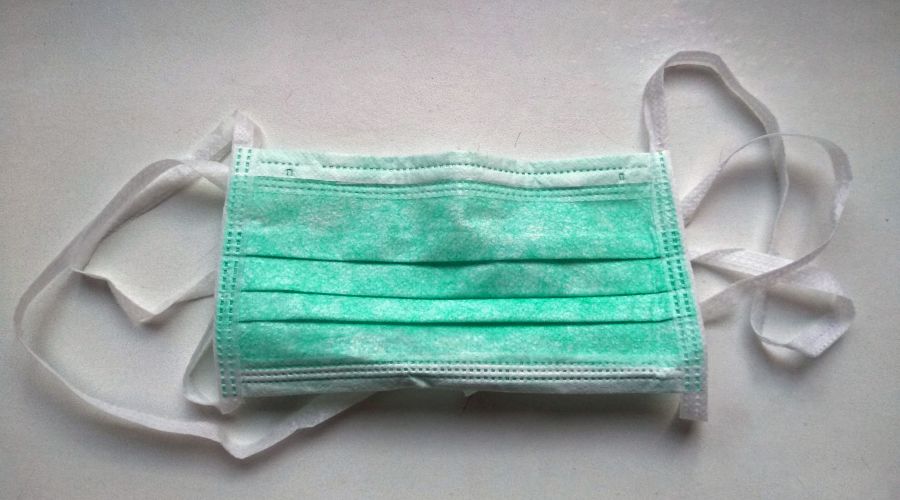
A virtual panel event will bring together Scholars who have been working on the medical frontline during the COVID pandemic.
I'm excited to share with the Gates Cambridge community the experiences of two frontline clinicians in the United States around how they navigated taking care of COVID-19 patients during these tumultuous times.
Elizabeth Dzeng
Three Gates Cambridge scholars who have been on the medical frontline during the COVID-19 pandemic will be speaking about their experiences at a virtual event next weekend.
The event, organised by the Gates Cambridge Alumni Association, will be moderated by Elizabeth Dzeng, Assistant Professor of Medicine at the University of California, San Francisco in the Division of Hospital Medicine and Social and Behavioural Sciences and Senior Research Fellow at the Cicely Saunders Institute, King’s College London. Her current research focuses on institutional cultures around high-intensity end-of-life care and clinician experiences and ethical perspectives around the COVID-19 pandemic.
She will be speaking with:
– Lucinda Lai [2012], who did her MPhil in Social Anthropology and is now a third-year Emergency Medicine resident (trainee) at Harvard University’s Brigham and Women’s Hospital/Massachussetts General Hospital.
– Rena Patel [2003], who did her MPhil in Modern Society and Global Transitions and is now an Assistant Professor in Infectious Diseases at the University of Washington.
They will discuss issues including lack of personal protective equipment and the ethical questions this has brought up for doctors, how doctors have dealt with the lack of evidence about the virus, ethical issues around rationing of care, the disproportionate impact of the coronavirus on people of colour and concerns around the politicisation of the pandemic and how that has affected trust in medical guidelines.
Dzeng [2007], who did her PhD in Medical Sociology, said: “The COVID-19 pandemic has highlighted how important local and national public health and political responses are to this public health crisis. I’m excited to share with the Gates Cambridge community the experiences of two frontline clinicians in the United States around how they navigated taking care of COVID-19 patients during these tumultuous times.”
The free panel event takes place on 25th October at 3pm GMT on Zoom: Click here for access to the meeting. Meeting ID: 815 5283 0870. Passcode: GCAA COVID
This panel is the first in a GCAA-sponsored series on the experiences and contributions of Gates Cambridge scholars and alumni on the COVID-19 pandemic response.
Many Gates Cambridge Scholars around the world have been on the frontline during the COVID-19 pandemic, either as doctors or researchers. They include Emily Bruce [2007], who did her MPhil in Biological Science PhD. She has co-authored two papers just published on COVID-19 related to testing and screening. One is in PLoS Biology and shows how the RNA extraction step of the WHO diagnostic test for COVID-19 can be omitted with a modest loss of sensitivity. This work is now the basis of a multi-country RING trial testing the method in countries in Africa, North & South America, the Caribbean and Europe. She is lead author on the second, published last week in Cell, which systematically identifies host RNAs that bind to each SARS-CoV-2 viral protein and shows that SARS2 disrupts splicing, translation and protein trafficking to suppress host defences. The study could help to substantially expand COVID-19 testing and screening capacity.












